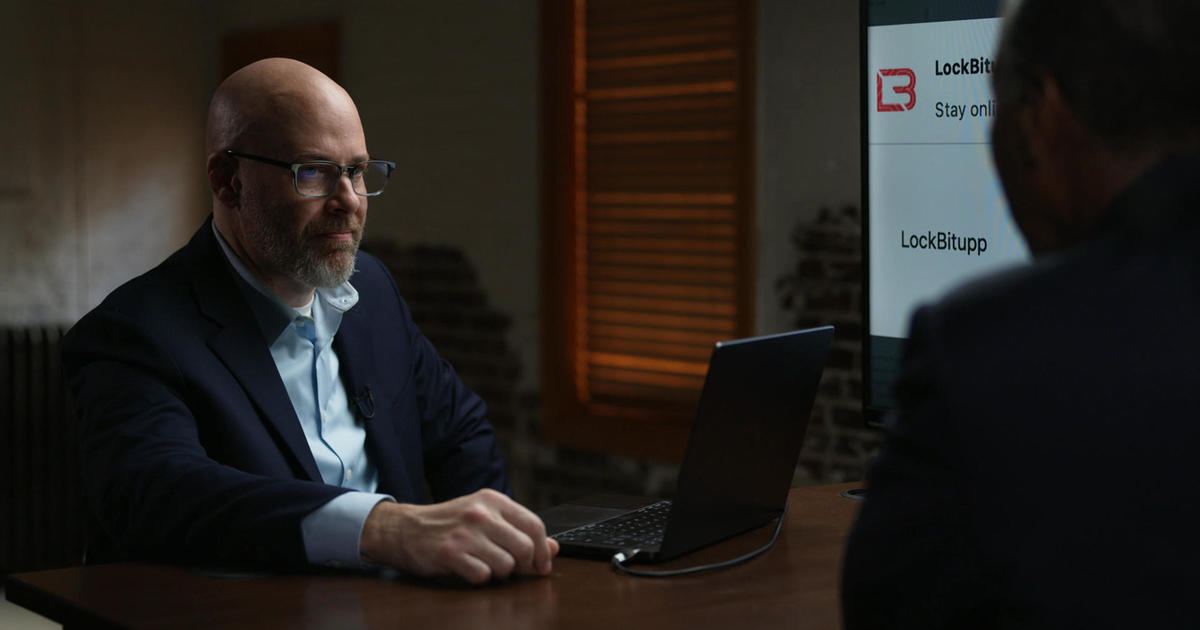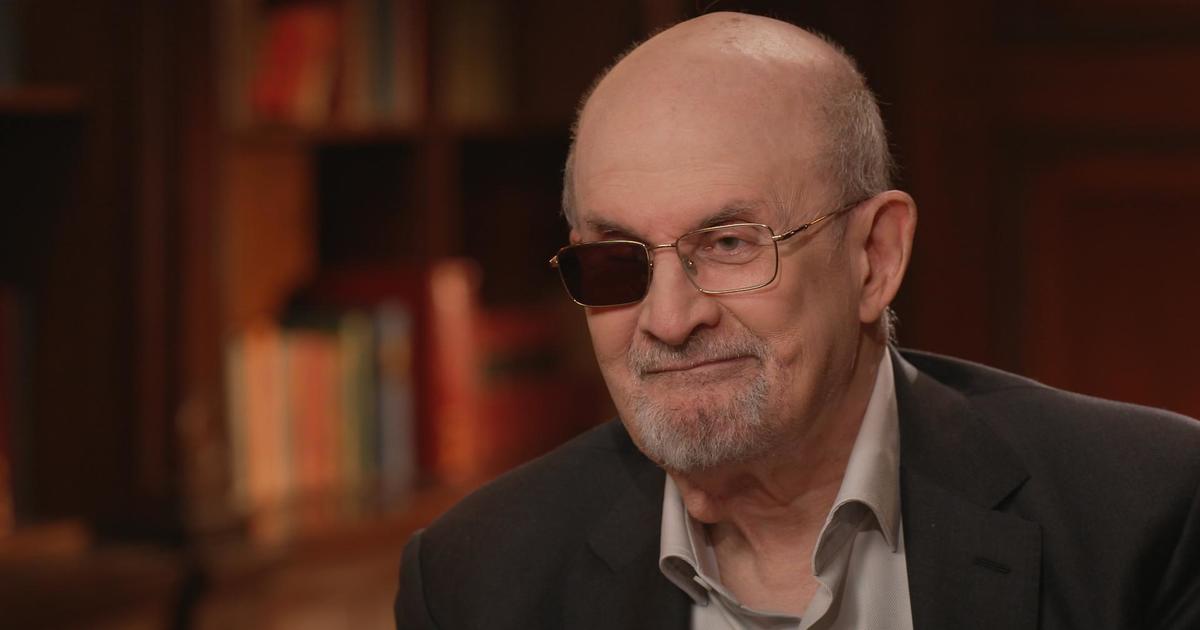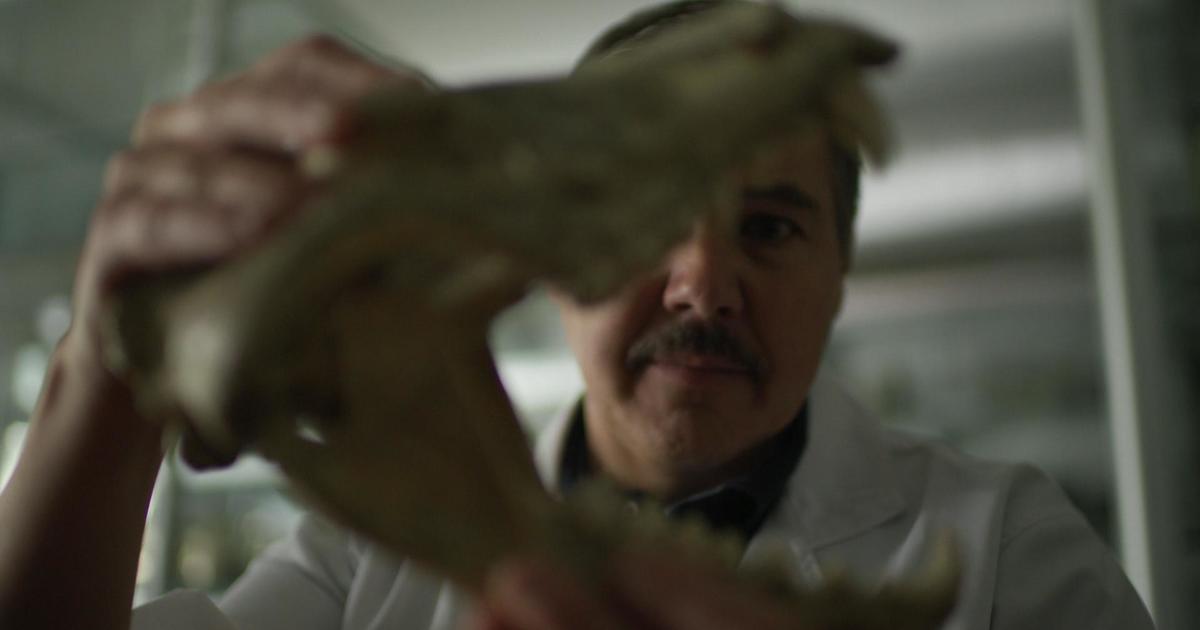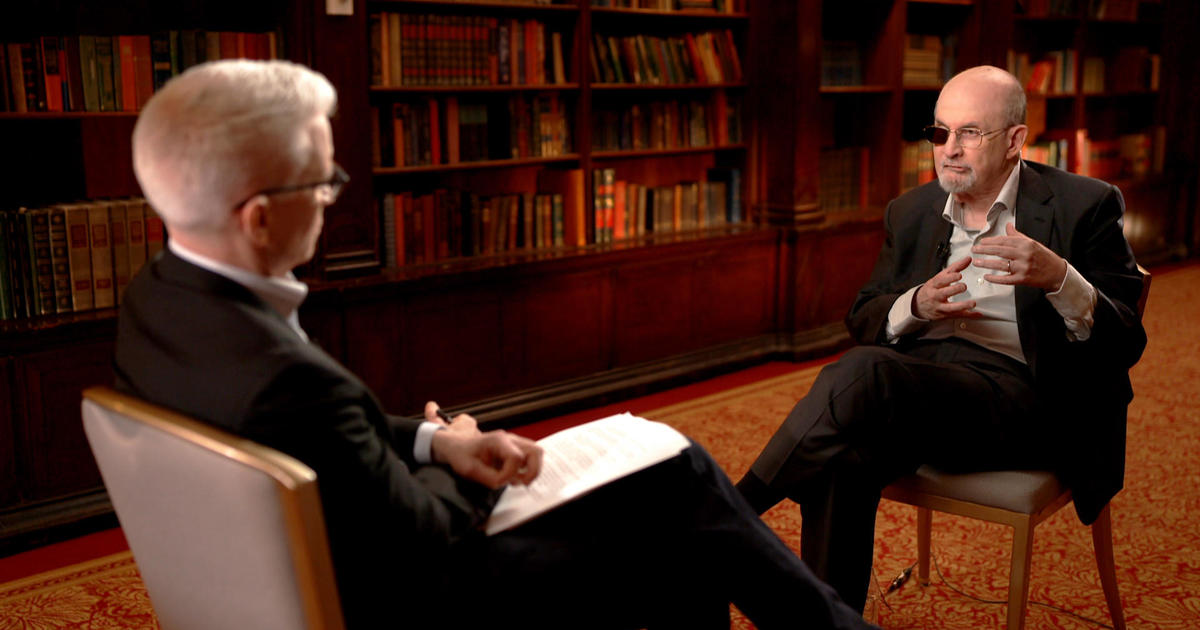How agriculture hastens species extinction
This week on 60 Minutes, correspondent Scott Pelley reports on something scientists are calling the sixth mass extinction. There have been five great die-offs in the history of our planet, when at least 75 percent of the known species disappear. The last mass extinction was 66 million years ago, when an asteroid wiped out the dinosaurs. Now scientists think humans are hastening another mass annihilation of plants and animals. Among the causes this time are pollution, habitat destruction, over-exploitation of resources, and climate change.
Mexican ecologist Gerardo Ceballos is among the world's leading scientists on extinction. He laid out for us how dire the situation has become over the last century.
Gerardo Ceballos: There is only 2 percent of the big fishes that were in the oceans 50 years ago. Only 2 percent are living. We have lost around 70 percent of all the animals that were in the-- in the planet. All the big animals, all the mammals, bird, 70 percent are gone since 1918. In Southeast Asia, you know, we have lost 90 percent of the tropical forest of Southeast Asia since 2000. So, our impact is so massive that we are becoming this meteorite that is impact the planet. The difference with the previous mass extinction is that they took tens of thousands, hundreds of thousand, even millions of years to happen. In this particular case, this is happening so fast, now in just two, three decades — even the species that are not affected directly by the extinction crisis won't have enough time to evolve and survive this impact that we're doing.
Every two years, the World Wildlife Fund produces a document called the "living planet report." It's a biennial report card that details the health of planet earth's wildlife, showing the average decline of species populations since they were first monitored in 1970.
Rebecca Shaw: We saw a really big change between the 2018 report and the 2020 report that surprised us. It went from it went from 64 percent to 68 percent. You wouldn't expect to see that big decline in two years.
Rebecca Shaw is chief scientist and senior vice president at the World Wildlife Fund.
Rebecca Shaw: The thing that undermines species populations globally, the number one thing is habitat destruction. And that habitat destruction usually comes from the expansion of agricultural land. So mowing down the tropical rainforest to plant soy, or to plant corn, or to graze cows. We no longer have the services that those rainforests give us, like stabilizing the planet's climate, like stabilizing weather patterns, like producing food and fresh water. We use 70 percent of all the freshwater on the planet to irrigate our crops.
Scott Pelley: Did you just say that 70 percent of the freshwater on the planet is used for irrigation?
Rebecca Shaw: Yes, is altered for the purposes of food production and irrigation.
Scott Pelley: Is there anything that can be done to reverse this process? And if so, what is it?
Rebecca Shaw: One of the most important things we can do moving forward is to really get so much better at what we produce, where we produce it, how we produce it. Make sure that we are eating foods that are planet friendly and species friendly and that we don't waste food. Right now, 40 percent of all food that is produced is wasted. And if that's the case, it means you need to do a 40 percent bigger draw on nature in order to produce that food. And so, stop wasting food.
The scientists 60 Minutes spoke said that, without changing our behavior, this extinction crisis will become irreversible.
Rebecca Shaw: None of the dinosaurs made it through the last mass extinction. Humans won't make it through this mass extinction.
Scott Pelley: Why not?
Rebecca Shaw: Because we require so much of nature, and natural resources, and stability from nature, and stability from the climate in order to thrive. And if we're not thriving, if we don't have food to eat, fresh water, clean air, we cannot thrive, and we cannot survive. I really do feel like we have the chance and the opportunity to work together to stop climate change, to stop the decline of biodiversity. And we do so for our own good. And I think we will figure it out. We just have to figure out faster than we probably will.
Scott Pelley: It has to happen in this generation?
Rebecca Shaw: It does. It does.
The video above was produced by Brit McCandless Farmer and Will Croxton. It was edited by Will Croxton.



